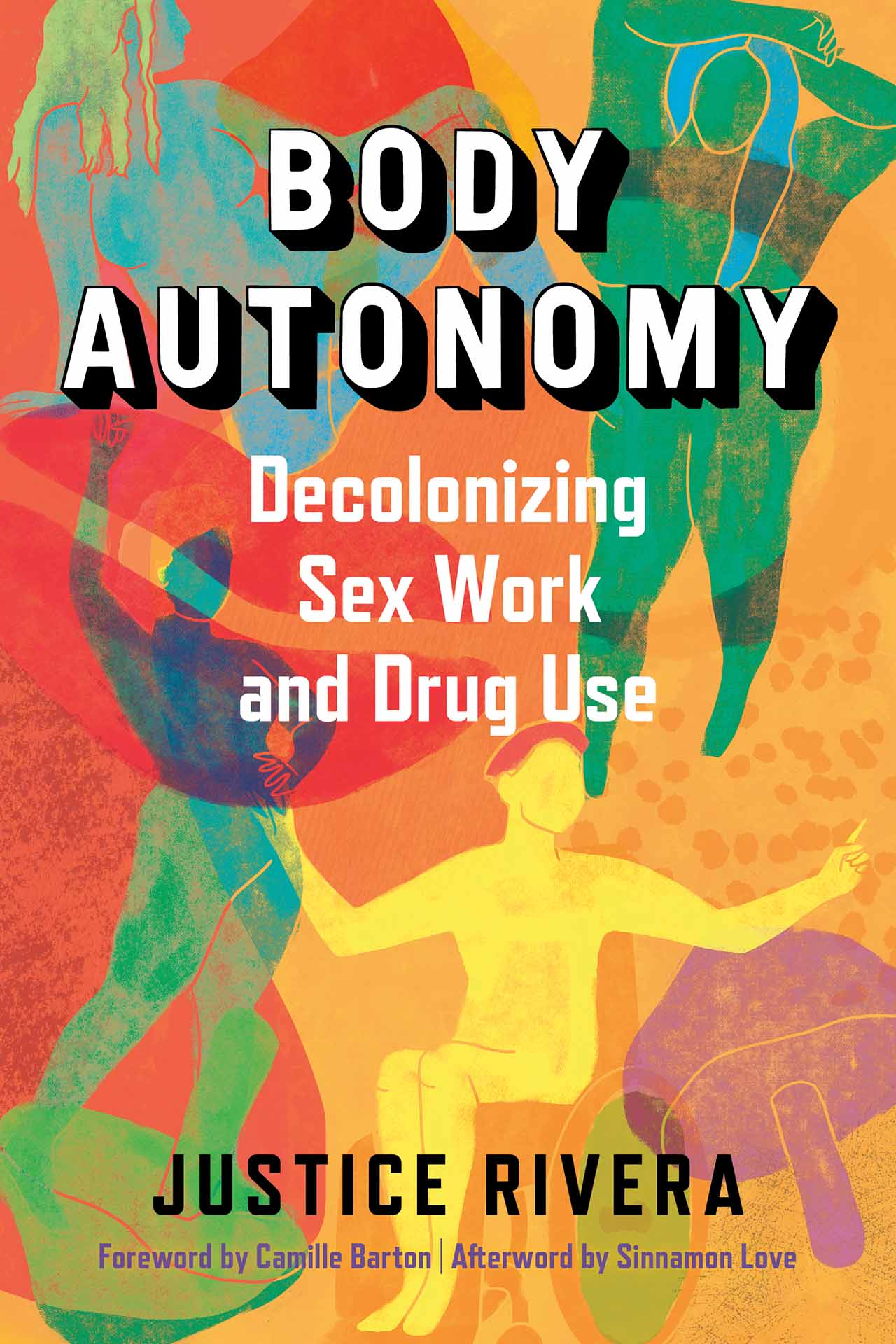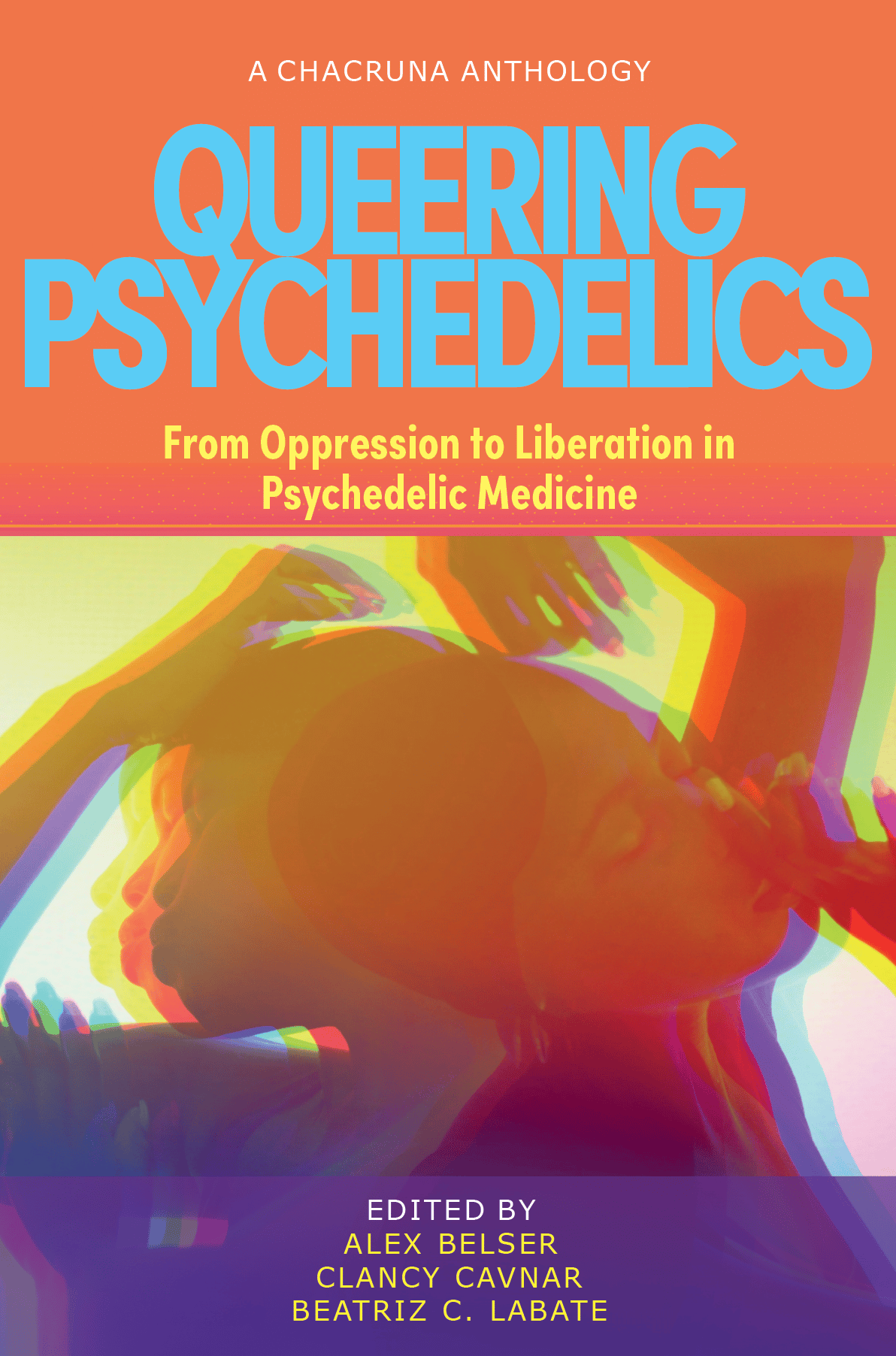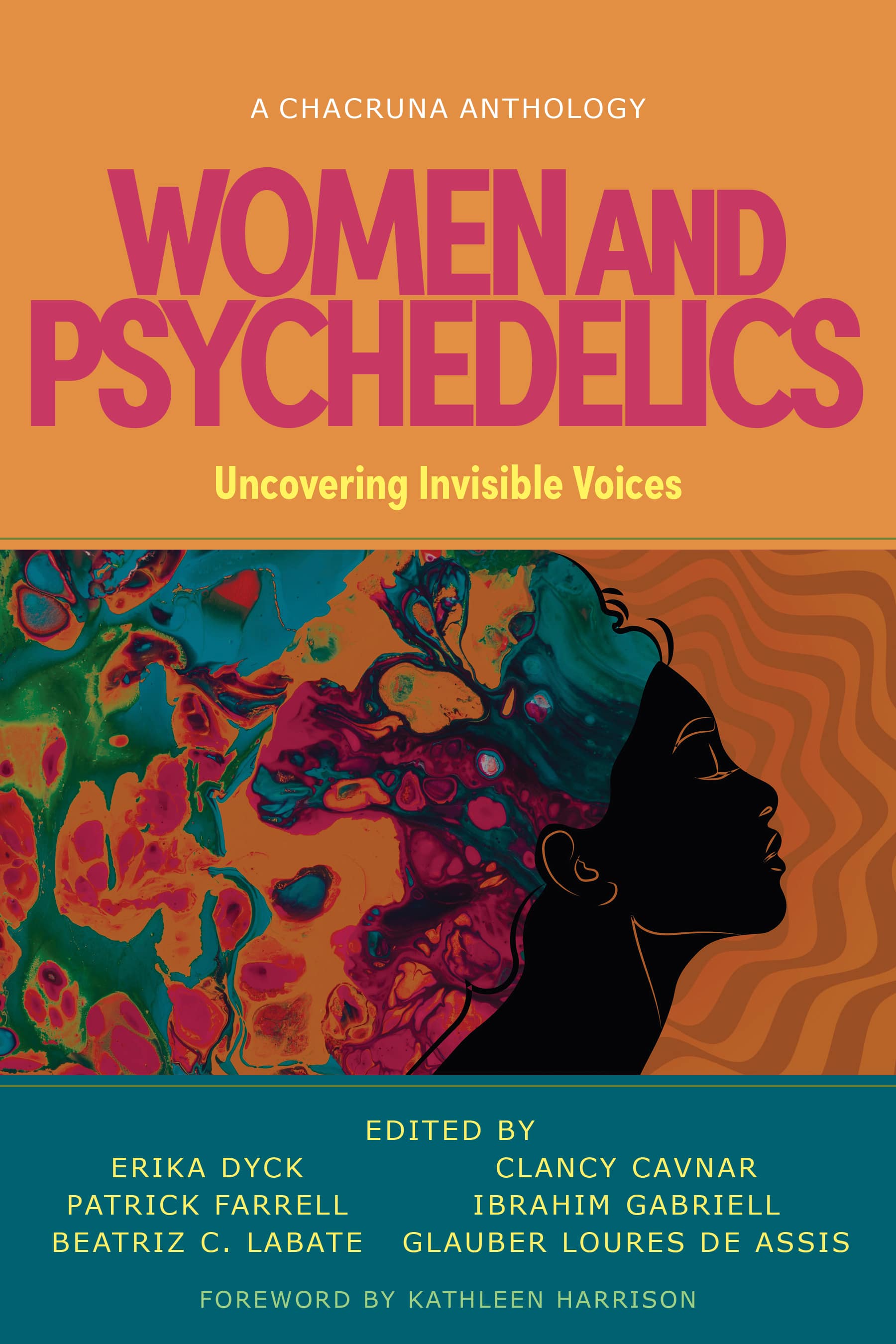Description
Body Autonomy: Decolonizing Sex Work & Drug Use
This groundbreaking collection celebrates the intertwining needs for touch and the exploration of our consciousness, helping us understand how these experiences have been suppressed and inviting us all into self-sovereignty by imagining otherwise.
In an era when the privileged can publicly embrace the benefits of sex positivity and psychedelics, marginalized communities continue to bear the brunt of interpersonal and systemic violence in everything from criminalization to health inequities. In the 17 essays in Body Autonomy: Decolonizing Sex Work and Drug Use, leading advocates, sex workers, and scholars who have been harmed by American neocolonial policies unpack the ideological wars on body autonomy and map tactics from the War on Drugs onto legislation that criminalizes and disenfranchises sex work. This bold and timely collection uplifts the right to freedom in one’s own body, drawing connections between erotic labor, the use of psychoactive substances, and the impact of violent policing and incarceration.
By illuminating the material and sacred aspects of erotic labor and foregrounding decolonial perspectives on substances, Body Autonomy emphasizes healing-centered harm reduction practices to shine a path beyond punishment and inequity. If we gaze together through the lens of a pleasure-oriented future, we can learn to prioritize compassion over criminalization, collectively expanding our understanding of survival, healing, and embodied liberation.
This collection features trusted voices on health and social policy reform including Kate D’Adamo, Justice Rivera, Ismail Ali, Paula Kahn, and Zara Raven, as well as respected healers like Richael Faithful, Amira Barakat Al-Baladi, and Mona Knotte.



